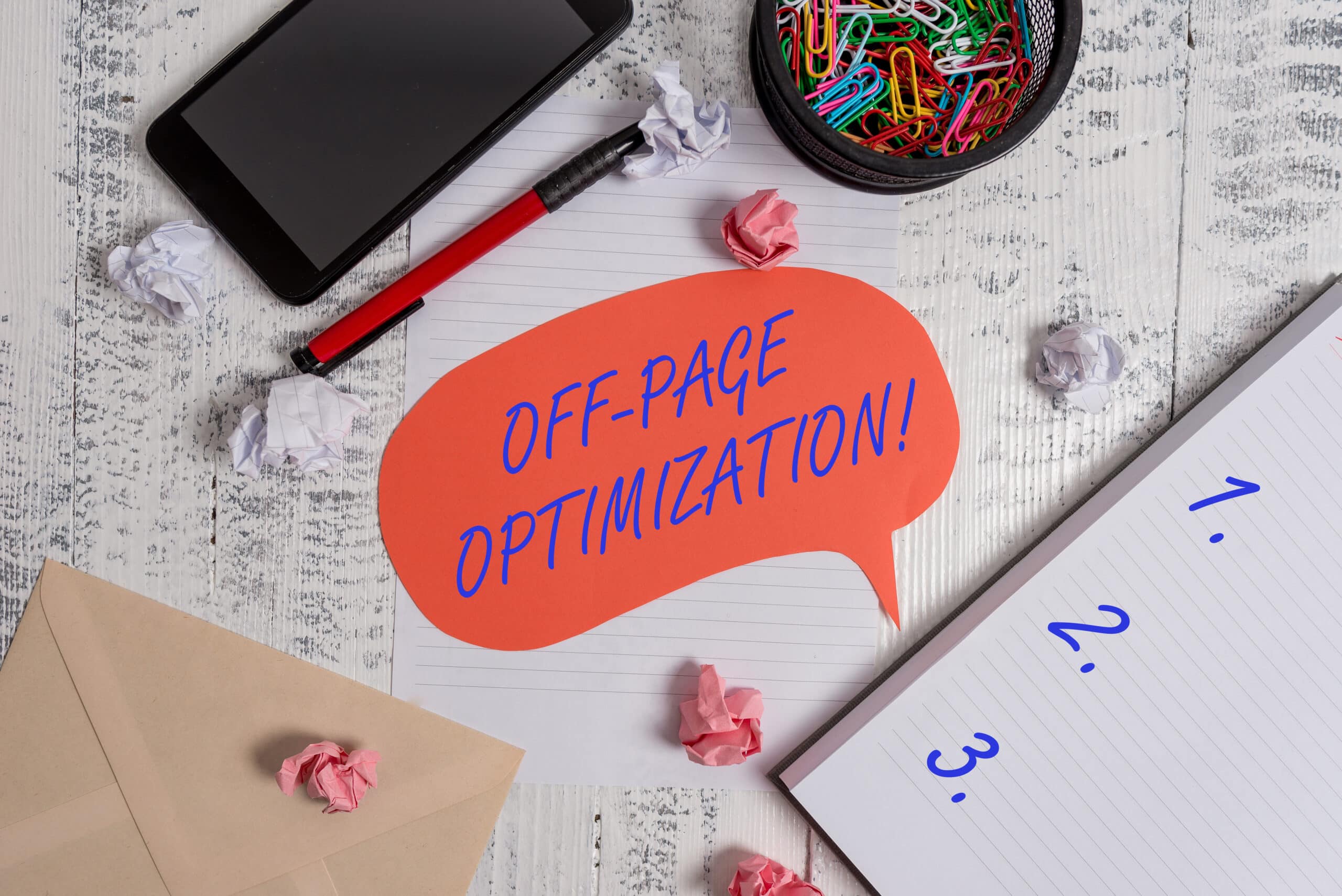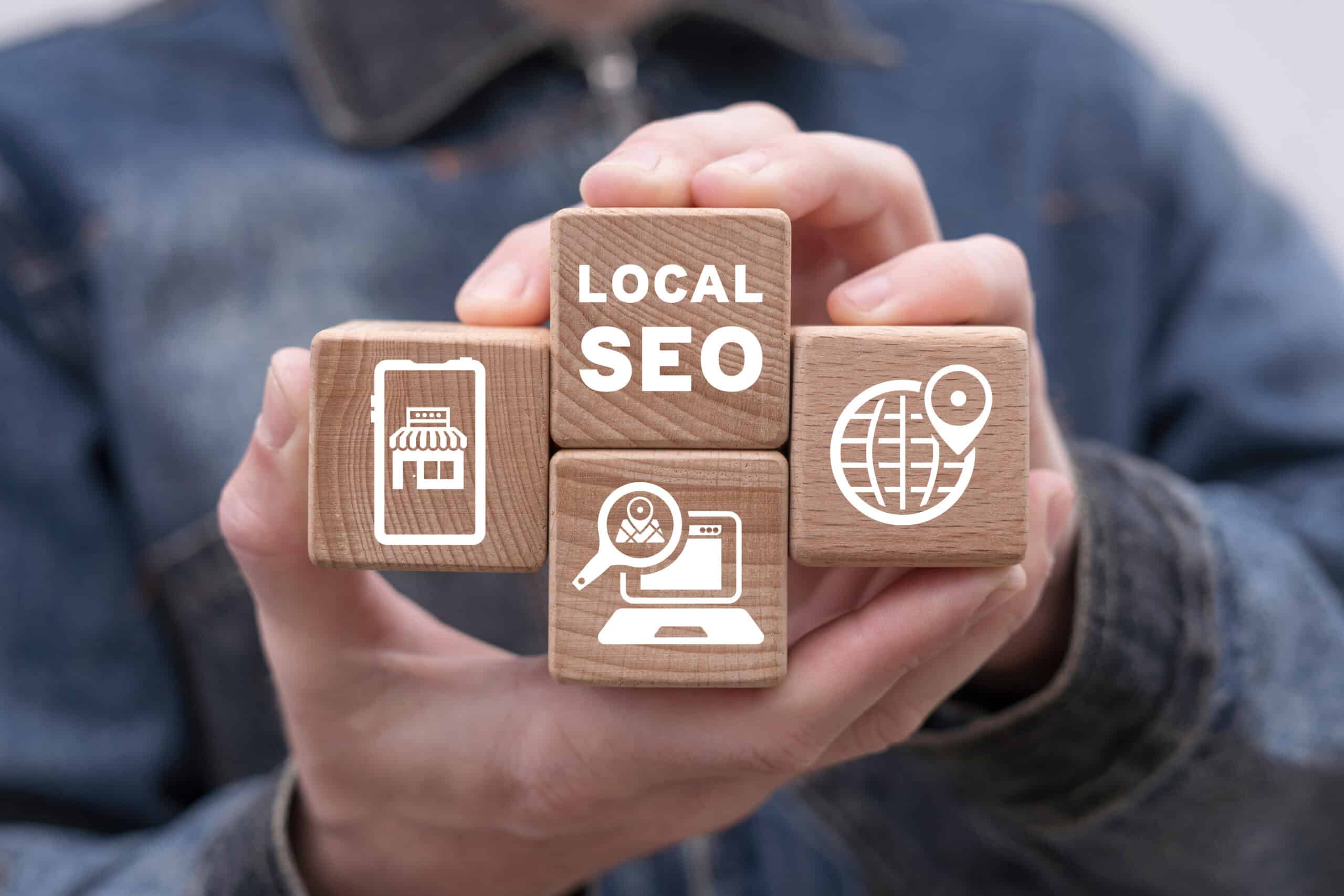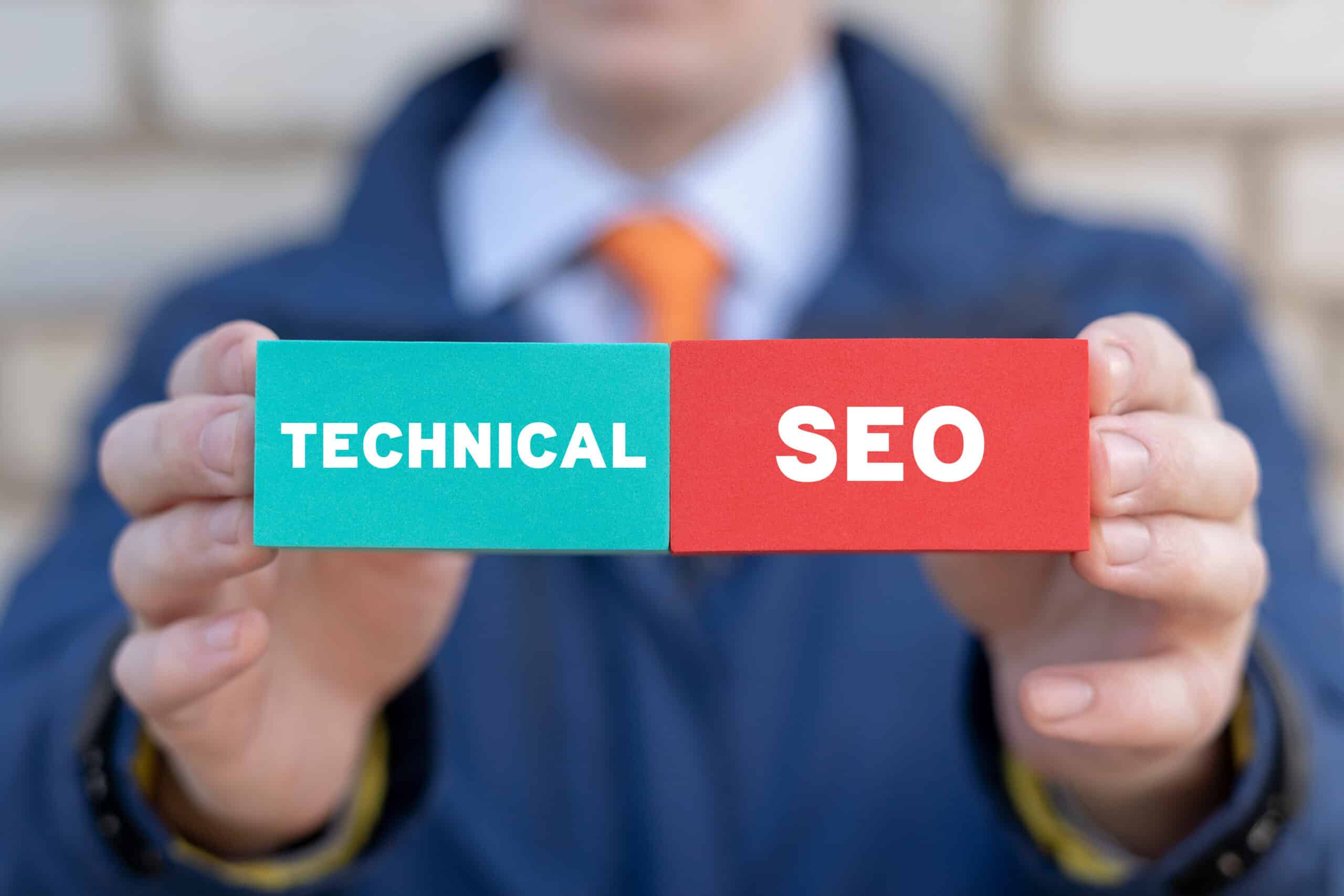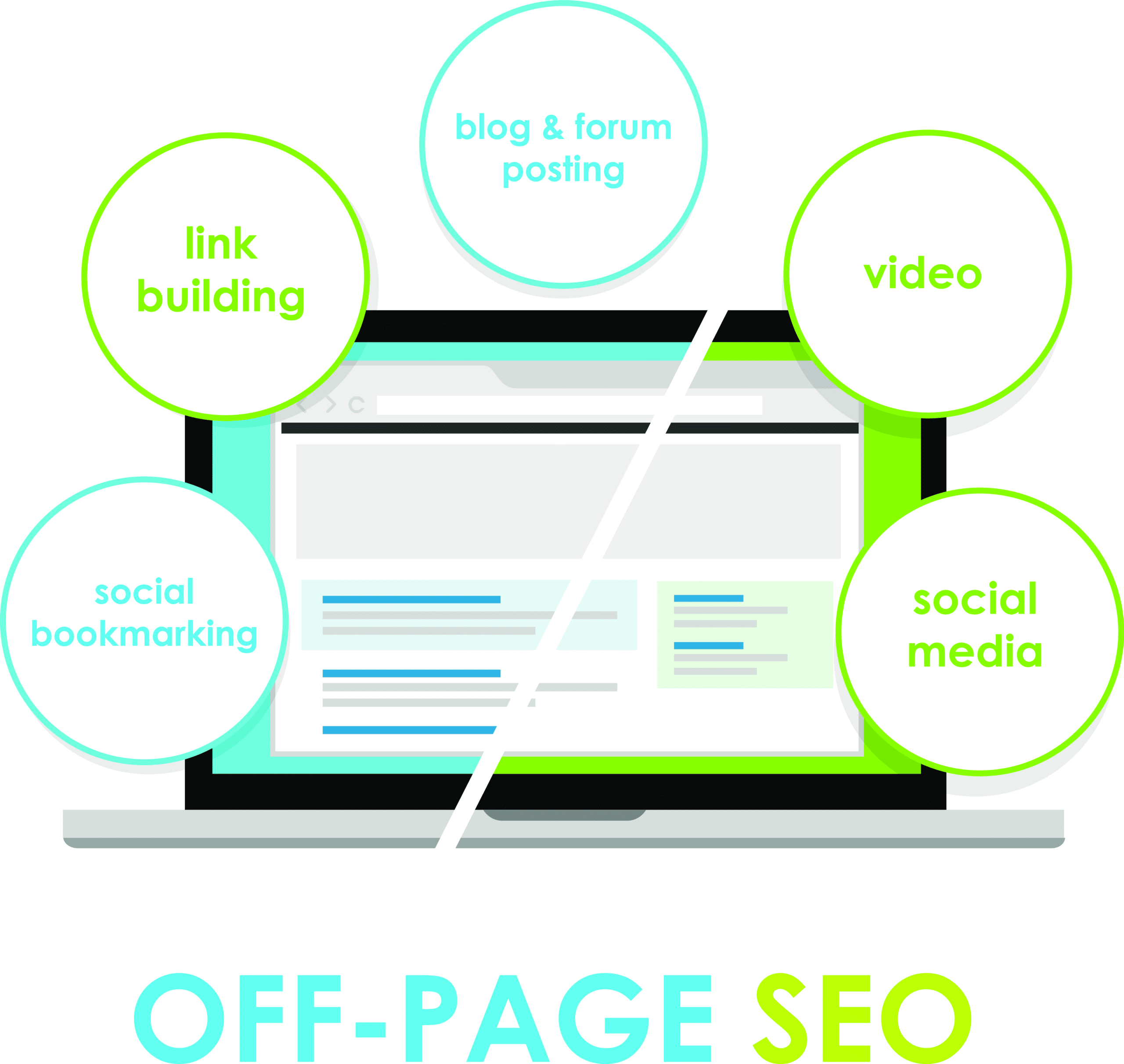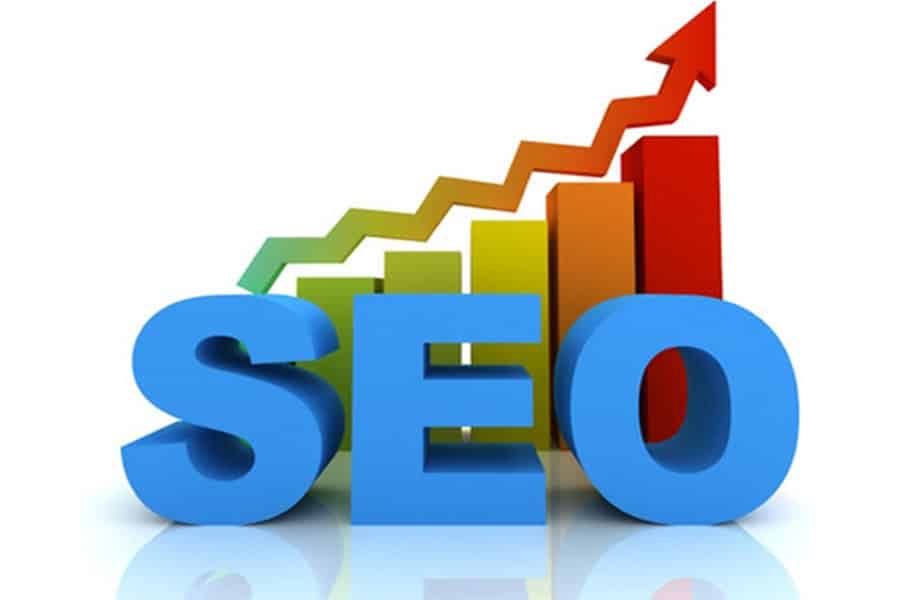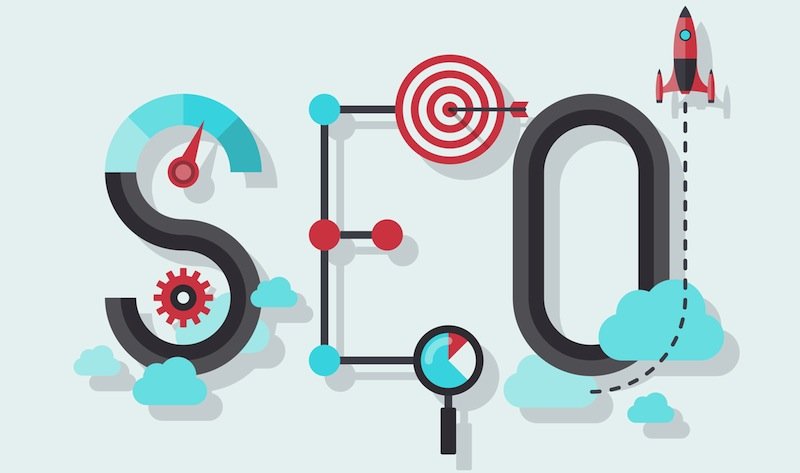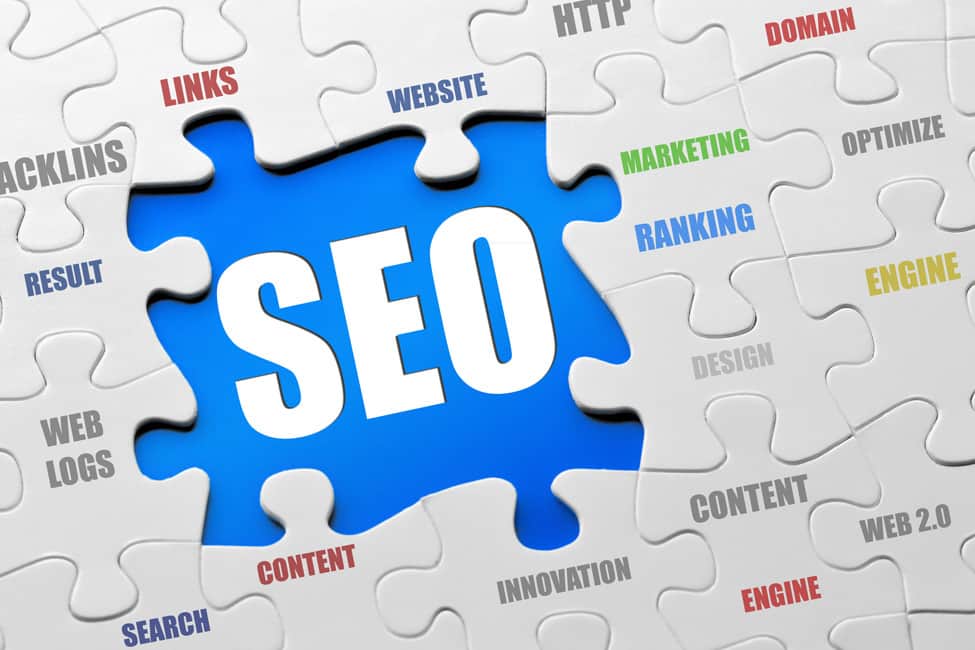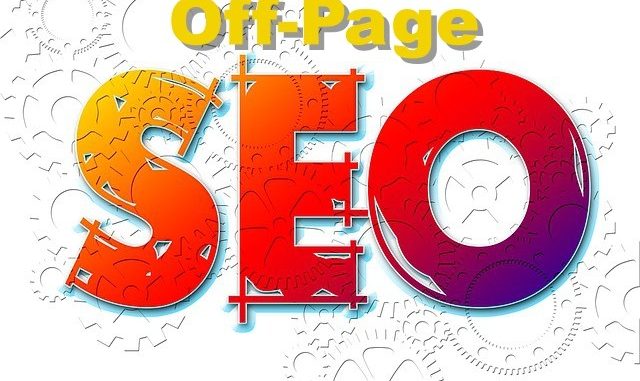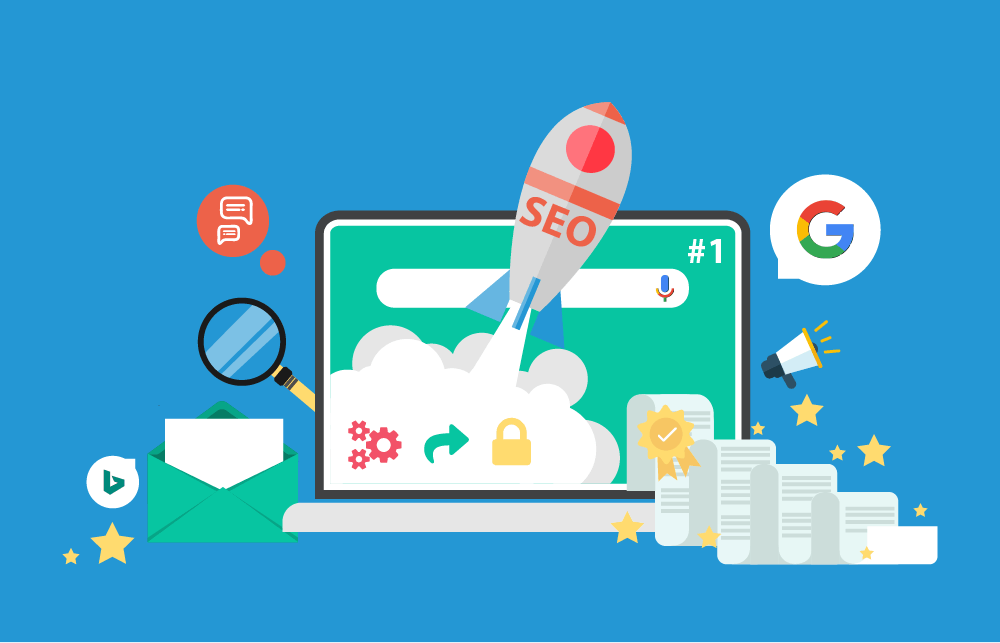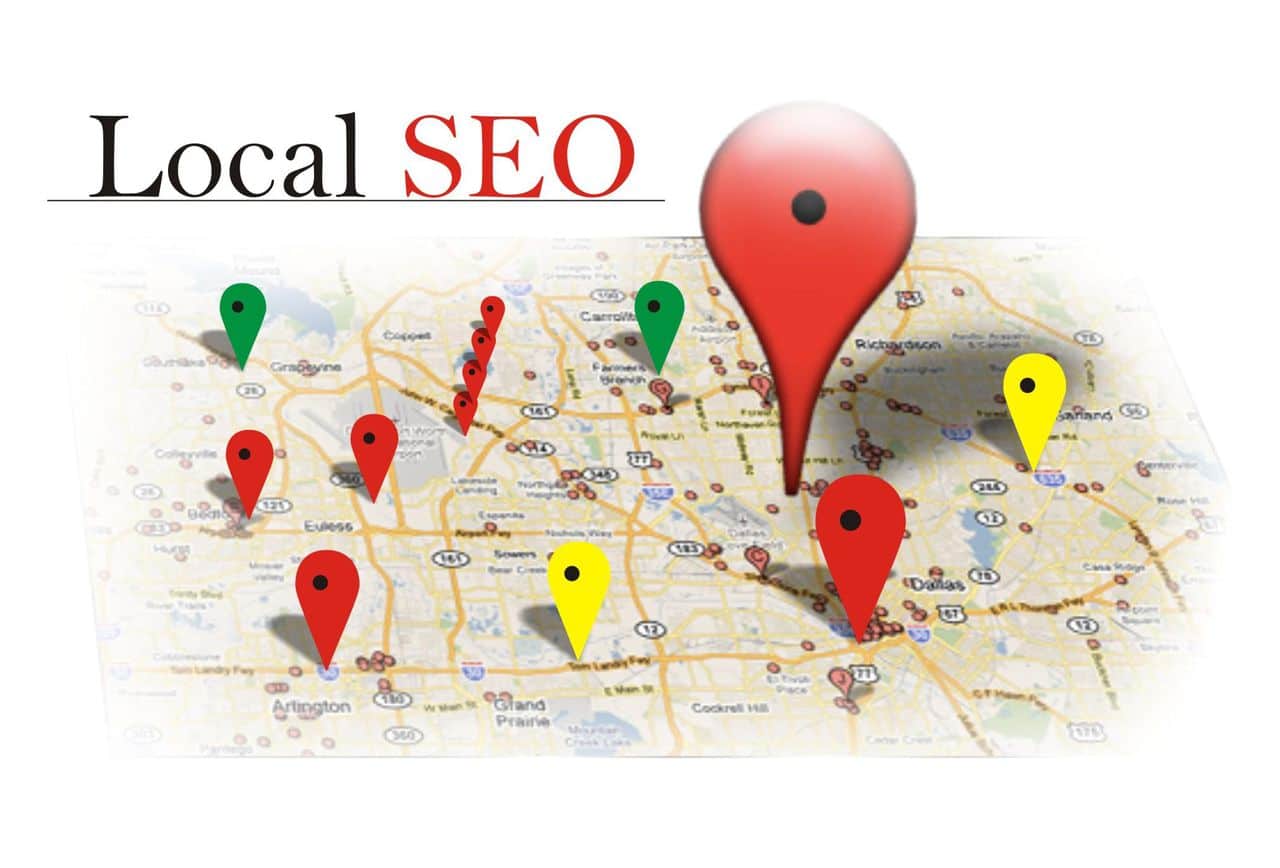Improve your local ranking on Google.
Local SEO (Search Engine Optimisation) is a subset of SEO focused on improving a website’s visibility in local search engine results. This strategy is particularly beneficial for small and local businesses seeking to attract customers within their geographic area.
Given the rise of mobile internet access and location-based searching, Local SEO has become crucial for businesses aiming to stand out in local search queries.
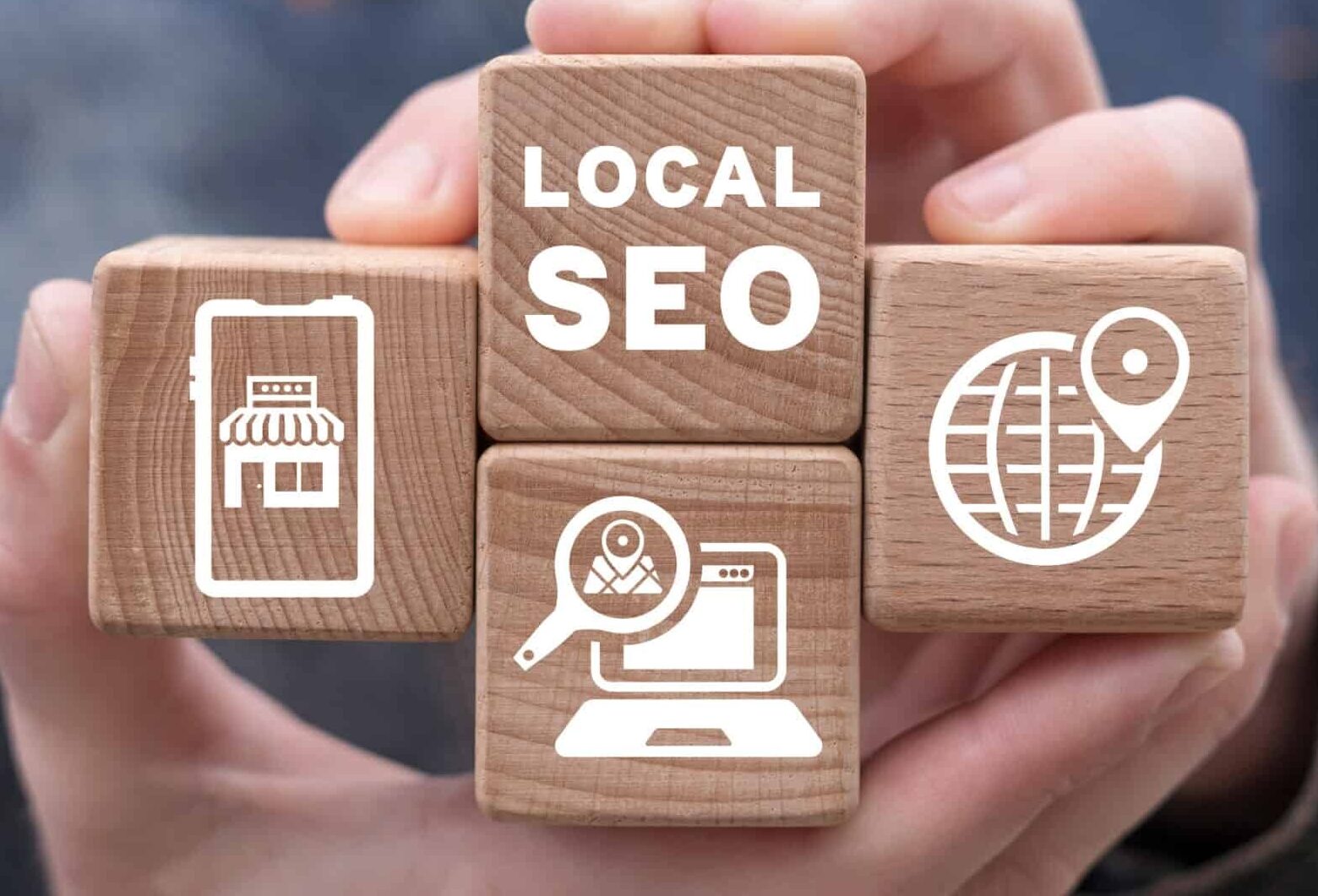
We are specialists in what we do…
Our team are experts in what they do and we work with both local and national clients from across the UK. By utilising our expertise within local SEO, we have built long-lasting relationships with our clients that continue to provide an ongoing ROI.
Local SEO (Search Engine Optimisation) is a strategy aimed at improving the visibility of local businesses in search engine results for searches that are inherently local in nature. For small businesses in the UK, local SEO is especially important due to several factors. Below are key points detailing why local SEO is crucial for small businesses in the UK.
Increased Visibility in Local Searches
Local SEO helps businesses appear in local search results when users search for products or services near me or in a specific location. For instance, if someone searches for best coffee shop in Liverpool, businesses optimised for local SEO are more likely to appear in the search results, thereby increasing their visibility among potential customers
Targeted Website Traffic
By optimising for local search queries, businesses can attract more targeted traffic to their website. This means that the people visiting the site are those who are actively searching for products or services that the business offers within their area, which can lead to higher conversion rates.
Compete with Larger Chains
Local SEO levels the playing field for small businesses to compete against larger chains and franchises. By utilising local SEO strategies, small businesses can outrank larger companies in local search results because Google tends to favor businesses that are most relevant to the searcher’s location.
Improved Online Presence and Reputation
Part of local SEO involves managing online reviews and local citations (mentions of the business name, address, and phone number on other websites). Positive reviews and consistent information across the web can improve a business’s reputation and encourage more customers to visit.
Mobile Optimisation
With the increasing use of smartphones, many people search for businesses while on the go. Local SEO is closely tied to mobile search as it aims to provide users with the most relevant local results based on their current location. Optimising for local SEO means also optimizing for mobile users, which can significantly increase foot traffic to a physical store.
Cost-Effective Marketing
For small businesses with limited marketing budgets, local SEO offers a cost-effective way to reach potential customers. Unlike traditional advertising methods, local SEO targets users who are actively seeking the products or services a business offers, resulting in more efficient use of marketing resources.
Google My Business
Utilising Google My Business (GMB) is a critical component of local SEO. A well-optimized GMB listing provides vital information directly in search results and can significantly boost a business’s visibility. It’s a free tool that allows businesses to manage their online presence across Google, including Search and Maps.
In summary, for small businesses in the UK, local SEO is not just an option but a necessity in the digital age. It provides an invaluable opportunity to connect with local customers, enhance online presence, and drive more targeted traffic, ultimately contributing to business growth and success in a competitive marketplace.
Let’s Get Started…
If you are serious about taking your marketing to the next level and want a results-driven partner to work on your digital marketing campaigns, hit the Get a Quote button & we’ll be in touch.
Alternatively, please call us on 0151 453 6580.
Ultilise Google My Business to help with your local SEO.
Google My Business (now part of Google Business Profile) is a free tool designed for businesses and organizations to manage their online presence across Google, including Search and Maps.
By verifying and editing your business information, you can help customers find your business and tell them your story.
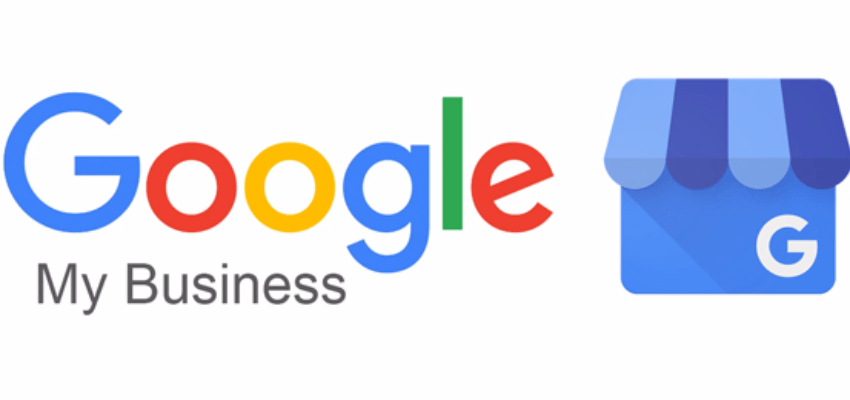
Read Our Latest Search Engine Optimisation Resources
Stay informed and up-to-date with all things related to local SEO by visiting our online resource center. Our collection of informative articles is constantly being updated, so be sure to read, engage, and share them with your colleagues, friends, and peers.
Herd Marketing Online Resource Centre…
Our online resource centre offers a plethora of useful in-depth articles that provide hints and tips on all things digital marketing related. Read, share, comment and engage with us on these pages.
Search Engine Optimisation (SEO) – Frequently Asked Questions
What is Search Engine Optimisation (SEO)?
Search Engine Optimisation (SEO) is the practice of enhancing a website's visibility and ranking on search engine results pages. It involves employing various strategies and techniques that help a website appear higher on search results, increasing the quantity and quality of traffic. SEO can involve improving the site's content, usability, credibility, use of relevant keywords, and ensuring the site is well-designed, fast, and mobile-friendly. It's crucial for digital marketing as it makes a website easily discoverable by users searching for terms relevant to the website's industry or brand.
Why is SEO important for my business?
SEO (Search Engine Optimisation) is important for your business for several reasons:
1. Increased Visibility: SEO helps your business to rank higher in search engine results, making it more visible to potential customers. The higher your business ranks, the more likely people are to click on your website.
2. Greater Credibility: People tend to trust the websites that appear on the first page of search engine results. So, a higher ranking also increases your business's credibility.
3. Cost-effective Marketing: SEO is a cost-effective form of digital marketing. Unlike paid advertising, you do not need to pay for each click or impression. Once your website ranks high, it can stay there for a considerable period of time, continuously bringing in organic traffic.
4. Increased Web Traffic: SEO can help drive more traffic to your website. By using keywords that your potential customers are searching for, you can attract more relevant traffic - people who are more likely to be interested in your products or services.
5. Better User Experience: SEO involves making your website more user-friendly. This includes improving site speed, making it mobile-friendly, easy navigation, and adding useful content. This can improve user experience, making visitors more likely to stay longer and take desired actions.
6. Improved Conversion Rates: With more visibility and credibility, as well as a better user experience, you can enjoy increased conversion rates. Visitors are more likely to become customers when they can find your website easily, trust your brand, and navigate your website without difficulties.
How does SEO work?
Search Engine Optimisation (SEO) works by optimising website elements like keywords, content, site design, backlinks, etc. to increase the site's visibility for relevant searches. The better visibility your pages have in search results, the more likely you are to garner attention and attract prospective and existing customers to your business.
Here is a more detailed step by step:
1. Keyword Research: SEO starts with keyword research. The goal is to find out what keywords or phrases people are using to search for information related to your industry or business. These keywords need to be strategically placed in the website’s content, meta tags, and URLs.
2. On-Page SEO: This involves optimising the individual pages of the website for specific keywords. This includes using the keyword in the title, meta description, headers, and content of the page. On-page SEO also involves optimising images, using schema markup, and ensuring the page loads quickly.
3. Off-Page SEO: This refers to the actions taken outside of your website to impact your rankings within search engine results pages (SERPs). This is done by creating high-quality backlinks (links from other websites to your own). These can be obtained through guest blogging, influencer marketing, or social media marketing.
4. Technical SEO: This involves making the website easier for search engine bots to crawl and index. This includes creating a sitemap, using a [LINK] file to guide bots, improving site speed, optimising for mobile, and implementing secure sockets layer (SSL) to protect user information.
5. Local SEO: If you run a local business, you would also engage in local SEO. This involves creating a Google My Business profile, acquiring reviews, and optimising for local keywords.
6. Monitoring and Analysis: SEO involves constant monitoring and analysis to determine the effectiveness of your efforts and make necessary changes. This includes monitoring keyword rankings, organic traffic, bounce rate, conversion rate, etc. Tools like Google Analytics and Google Search Console can be used for this.
Search engines like Google, Bing, and Yahoo use complex algorithms to understand and rank pages appropriately in search results. But remember, these algorithms often evolve, so it’s important to adapt your SEO strategy as the industry changes.
How long does it take to see results from SEO?
Seeing results from SEO typically takes around 4-6 months. However, this can vary greatly depending on a number of factors such as the age of your website, the amount of content on it, your previous SEO efforts, and the competitiveness of your industry. Results should continue to improve over time. It's also important to note that SEO is an ongoing process and requires regular monitoring and adjustments.
How often should I update my website for SEO?
Regularly updating your website content is important for SEO. The exact frequency can depend on your business type and size, and how much new content you can realistically create. A common recommendation is to update your website at least once a week, but many experts advise more frequent updates, such as two or three times a week. Google appreciates fresh content, so frequent updates can lead to higher search engine rankings. Additionally, regularly updating your site can increase traffic, user engagement, and customer retention.
What are keywords and why are they important in SEO?
Keywords are words or phrases that people type into search engines when they are looking for specific information or answers. In terms of SEO (Search Engine Optimisation), keywords are used to help search engines understand what a particular webpage or website is all about, so it can accurately populate the results when a user conducts a search related to that keyword or keyword phrase.
They are important in SEO for several reasons:
1. Improved Search Rankings: When your content includes relevant keywords, search engines are more likely to rank your website higher on search engine results pages (SERPs).
2. Increased Web Traffic: As your website begins to appear more frequently in search results, more people will visit your website.
3. Higher Quality Traffic: If you use specific and relevant keywords, you're more likely to attract visitors who are interested in what you're offering.
4. Better User Experience: If your content contains relevant keywords, it will be more helpful to users who are looking for information related to those keywords.
5. Improved Conversion Rates: Relevant keywords can attract potential customers to your site. If they find what they are looking for, they are more likely to make a purchase.
Remember, though, the use of keywords should be balanced. Keyword stuffing, or the practice of overusing keywords in your content, can lead to penalties from search engines.
Contact Us
Fill in the form below and one of our team will contact you to find out more about your requirements. We aim to respond to your enquiry within 24 hours, excluding weekends and bank holidays.
Alternatively, please call us on 0151 453 6580 Monday – Friday 09.00 – 17.00.
